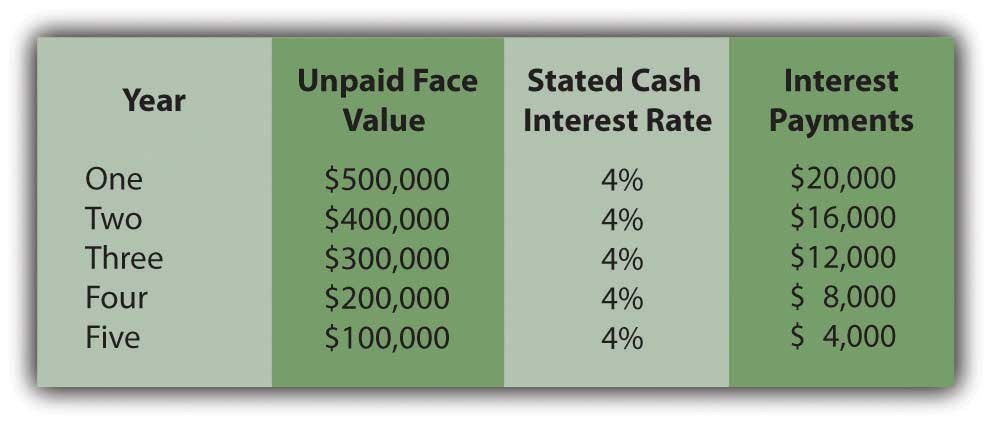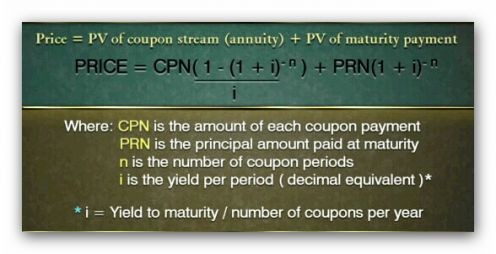ZeroCoupon Bonds Financial Web
Post on: 8 Апрель, 2015 No Comment

Zero-coupon bonds (or zeros, as they are called) differ from other debt obligations in that they dont pay out a stream of interest payments. Instead, theyre issued at substantial discounts and accumulate and compound the interest. Zeros often have attractive yields and are normally held by investors until maturity. At maturity, the full face amount plus all accrued interest is paid.
Advantages of Zero-Coupon Bonds
Therefore, zeros have two major advantages for the investor:
- Because of their deep discounts, they can be bought at very low prices.
- There is no guesswork about interest reinvestment because the yield to maturity is locked in.
The compounding interest effects of zero-coupon bonds over long periods can be impressive. For example, a $1,000 US government zero-coupon bond that has a 7 percent interest rate and 30-year maturity would double its investment in 10 years, triple it in 15 years, quadruple it in 19 years and quintuple it in 22 years. Its no wonder Albert Einstein called compound interest the eighth wonder of the world.

Disadvantages of Zero-Coupon Bonds
Zero-coupon bonds do have several important disadvantages, however, including the following:
- Income taxes are payable as the interest accrues, and because no current income is paid by zeros, it must come from a different source.
- The market value of zeros tends to be highly volatile.
- Inflation can erode the value of the bond at maturity.
Types of Zero-Coupon Securities
There are several types of zero-coupon securities:
- Corporate zero-coupon bonds are issued by corporations. They are generally not recommended for individual investors because of the risk of default by private companies and because the yield tends not to be very competitive in relation to the risk of the instrument.
- Strips are US Treasury or municipal bonds that brokerage firms have separated (or stripped) into principal and interest components that are marketed as zero-coupon securities. These instruments are represented by certificates, with the actual securities being held in escrow, which ensures a high degree of security.
- STRIPS (separate trading of registered interest and principal of securities) are the Treasurys own zero-coupon securities that are issued in the traditional way but are separated into interest and principal components at the discretion of bondholders using book entry accounts at federal reserve banks. Because they are direct debt instruments of the US government, they are free of credit risk altogether.
- Municipal zero-coupon bonds are issued by state and local governments and are usually exempt from federal and state taxes in their state of issue. They provide a convenient way to meet the goals of high tax bracket investors who get an after-tax benefit from the lower interest rates of tax-free municipals.
- Zero-coupon convertibles come in two forms. One is convertible into common stock, which provides growth potential. The other, usually a municipal bond, converts into an interest-paying security. This allows the bondholder to lock in a rate of accruing interest for 15 years and afterward to begin to receive interest payments.
$7 Online Trading. Fast executions. Only at Scottrade














